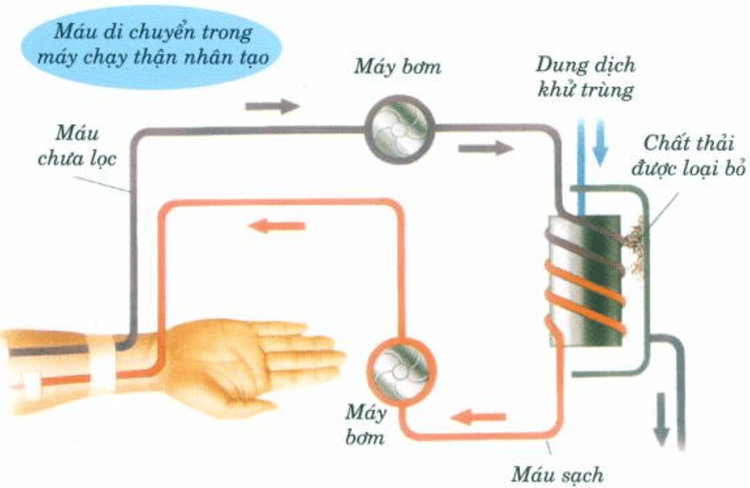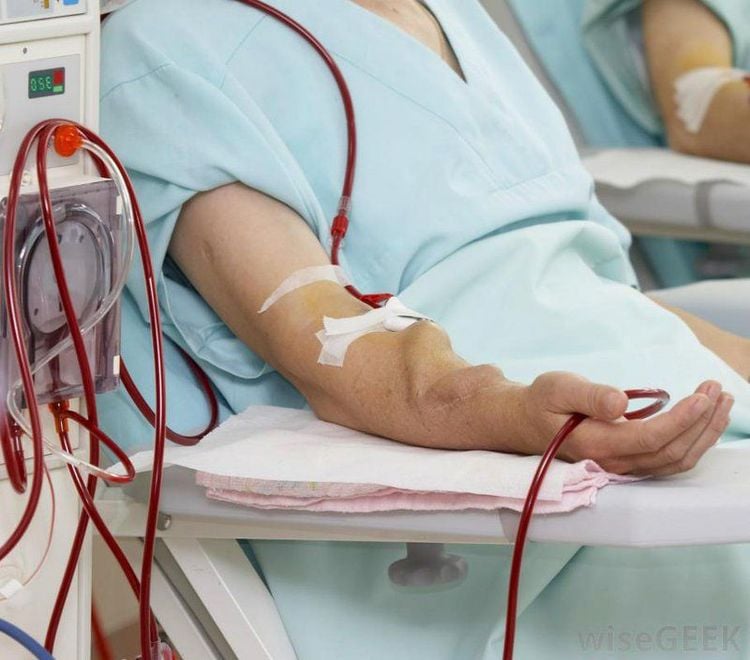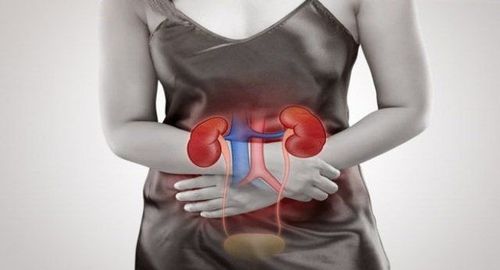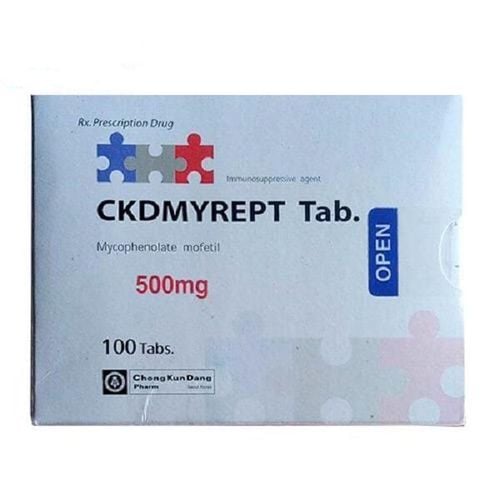This is an automatically translated article.
The article was professionally consulted by Specialist Doctor I Nguyen Hung - Endocrinologist - Department of Medical Examination & Internal Medicine - Vinmec Danang International HospitalWith the development of renal replacement therapies, especially hemodialysis, has helped patients with stage 5 chronic kidney disease prolong life up to decades, improving their quality of life. the patient increased a lot.
1. What is hemodialysis?
Hemodialysis is a method of filtering blood outside the body. An extracorporeal circulation will be established, the patient's blood will be led to the filter of the dialysis machine to filter the wastes of the metabolism and excess water, then the blood will be returned to the body. .Hemodialysis is based on the following mechanisms:
Ultrafiltration mechanism: Because the pressure of the blood pump is higher than the pressure of the fluid pump, the hydrostatic pressure of the blood cavity will be higher than the pressure in the fluid and water from the cavity. Blood will move into the fluid compartment and pull solutes with it. Partial Diffusion Mechanism: Soluble substances such as urea, creatinine and other low molecular weight substances with high concentrations in the blood will diffuse from the blood into the dialysis fluid cavity due to the concentration difference. Convection Flow Mechanism: After a period of time when the solutes in the blood and filtrate spaces are in balance, the diffusion process becomes less effective. To limit the above process, in hemodialysis, blood and dialysis fluid will be run in opposite directions to reduce the concentration balance and improve filtration efficiency.

2. When is hemodialysis needed?
Patients with stage 5 chronic kidney disease (also known as end stage) will be prescribed dialysis. At this stage, the patient's glomerular filtration rate has decreased to a very low level <15 ml/min/1.73 m2 the kidneys have almost completely lost function, the toxins of metabolism accumulate in the body, Patients must receive renal replacement therapy to maintain life. In patients with diabetes, hemodialysis is indicated earlier.Hemodialysis is also used in the treatment of acute kidney failure and dialysis when poisoning, drug overdose. .
3. What to prepare before hemodialysis?
In patients with stage 5 chronic kidney disease, weeks to months before their first dialysis session, an arteriovenous bypass (also known as FAV) surgery is required. to create a seam between an artery and a vein in the arm. Because in the process of dialysis, the blood flow through the filtration system must ensure the flow is not less than 300ml/min, the pressure required to aspirate blood from the bridge must be about -100 mmHg, the pressure to return blood to the circulatory system. must also be +100 mmHg. FAV helps increase blood flow to meet the requirements of the hemodialysis principle.
4. Complications that may occur during hemodialysis
During hemodialysis, patients may experience the following complications:Hypotension : Occurs in 20-30% of patients. Causes may be due to high blood pressure, excessive ultrafiltration, high temperature of the filtrate or because the patient takes blood pressure medications before dialysis, patients with cardiovascular diseases such as heart failure, arrhythmia,... Cramps: Usually due to hypotension, excessive ultrafiltration or low sodium dialysis. Cramps occur in 5-20% of patients. Nausea and vomiting: Occurs in 5-15% of patients, is an early syndrome of osmotic imbalance syndrome, often associated with hypotension. Chest pain, back pain: Common when the patient is ischemic or when using the filter for the first time. The incidence is 2-5% of patients. Pruritus: Itching occurs in 5% of hemodialysis patients. Itching is often caused by the patient being allergic to some substances in the filtrate. During dialysis, if you notice any abnormal signs in your body, you must immediately report it to medical staff for timely intervention and treatment.
Patients with end-stage renal failure when treated with hemodialysis need to be especially tight in their diet. Limit foods high in salt and potassium, provide adequate protein, and patients should not drink too much water to limit the risk of edema.
Patients need to monitor their weight daily, to determine the excess fluid, this will help facilitate the dialysis process, the dialysis machine will help the patient take out the excess fluid.
Patients with chronic kidney disease stage 5, when they have been prescribed hemodialysis, the dialysis will last for life. Patients will usually have dialysis 3 times per week, each time lasting 3-4 hours. Therefore, patients need to arrange their work and activities in accordance with dialysis.
Please dial HOTLINE for more information or register for an appointment HERE. Download MyVinmec app to make appointments faster and to manage your bookings easily.














